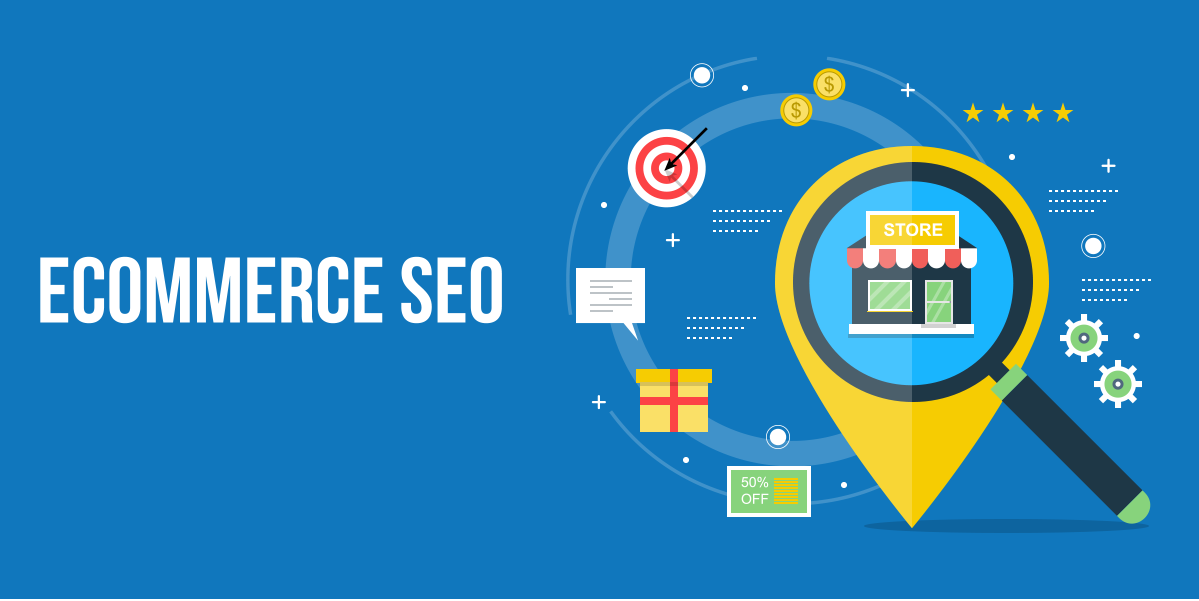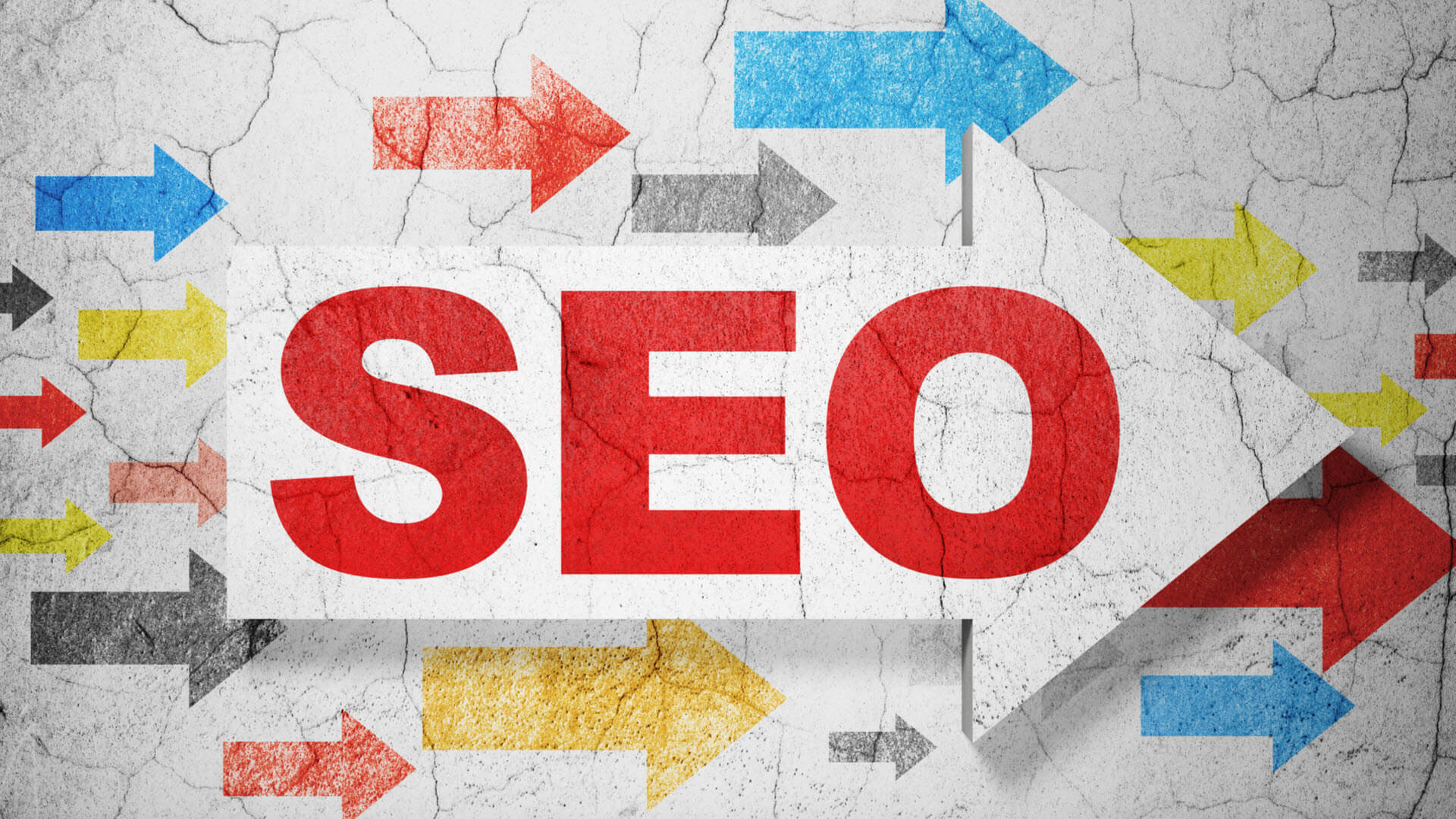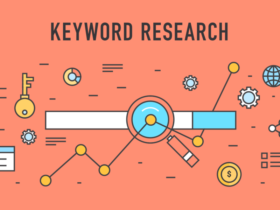3dcart, a major eCommerce platform, has been introduced. A new overhaul of its pricing structure is now in place to assist small organizations in building their eCommerce websites, selling online with fewer regulations, and getting access to specialized eCommerce equipment. 3dcart’s new Unlimited eCommerce plans eliminate traditional limits inside the software-as-a-carrier (SaaS) enterprise, like restrictions on products, storage, and bandwidth, to enable all groups to begin promoting their full variety of merchandise without delay.

“At 3dcart, we’re searching out approaches to make eCommerce reachable to small businesses, and our new plan structure is part of this effort. With four limitless eCommerce plans designed around the specific ranges of online business and sales stages to permit organizations a lot greater time for growth earlier than upgrading to the next plan will become vital, 3dcart has furnished small companies with a lower-priced pathway to boom. All plans have a flat monthly value without a transaction price, hidden charges, or overage prices.
Stated Gonzalo Gil, 3dcart CEO. “By putting off product and bandwidth limits, we are making it less complicated and less costly for groups to grow, and we now provide the lowest-fee plan in the marketplace. The plans also come integrated with all critical capabilities, plus advertising, marketing, and automation gear, which are usually the handiest available eCommerce solutions. With sales degrees that allow for two times the increase, which are usually competitors’, each business gets extra cost out of each plan.”
Located in Tamarac, Florida, 3dcart is the most SEO-friendly eCommerce platform for retailers and net entrepreneurs to grow their online shops’ visitors and income. It includes 24×7 Technical Support, one hundred+ Mobile-Ready Themes, order control software, a built-in weblog, electronic mail marketing tools, and more. Since 1997, the organization has been a pacesetter in the eCommerce market, constructing online shops for groups of all sizes. Today, 3dcart is Visa PCI Certified and a Google Partner.
For instance, if someone types in “Jaguar,” Google has to discern what that searcher needs. Is she looking for the NFL team’s website? Or information on the car? Is she looking to buy a vintage Atari Jaguar sport system?
This may appear to be an impossible undertaking of mind analysis; however, Google is attempting to address it.
Search engine optimization without Keywords?
A conventional exercise of search engine optimization is to target keywords. In recent years, Google has integrated complicated search fashions into its algorithms to help understand the motive and provide better effects for every consumer. But the search has matured. These days, pages can perform properly in search results without many—or any—query keywords. Better outcomes keep customers unswerving to Google; because of this, more ads get clicked.
Thus, Google could help improve its comprehension stage.
To be sure, keywords are important. However, SEO in 2019 is greater than having popular phrases in your copy. It requires a copy that suits the question’s intent. It would help if you had each. Google’s information on query purpose results in compelling search outcomes, especially in phrases of personalization. For instance, I play the guitar. I love classic rock. Google appears to recognize this. When I search “What does Garcia play?” I’m served articles by the Grateful Dead’s Jerry Garcia, who specializes in his guitars. But if I carry out the hunt with an incognito tab, the question pulls up outcomes for Kirsten Vangsness, the actress who performs Penelope Garcia in the TV display “Criminal Minds. So, Google knew Jerry Garcia was a part of my universe. And it knew he played guitar. It also knew I wasn’t in a buying state of thoughts — I was searching out facts.
E-commerce
Google tries to recognize the rationale that affects e-commerce SEO. We could use goal terms along with “vitamins,” knowing shops could dominate the results in the vintage days. However, its unique effects of “vitamins” show that Google ranks exceptional pages — a mixture of shops and non-shops — relying on the target audience. Google’s expertise in the rationale of this keyword query has changed. In other words, e-commerce traders must not forget to question the purpose of SEO strategies.
We also need to recognize that e-commerce funnels have accelerated in current years due to savvier clients. Google’s Zero Moment of Truth concept shows that customers are gaining much greater knowledge than they used to. This increases the volume of lengthy-tail queries — including quality nutrients for memory” — and provides greater descriptiveness and less searching, but with a better chance for conversion. You can plan campaigns once you apprehend the facts your customers are looking for before they buy. If my prospect tends to go to five distinctive net pages for facts before purchasing, I don’t want to be simply the last go-to.
I want to be part of these previous visits. I need my brand to be within the searcher’s mind at some stage in his adventure. It’s conventional advertising and will probably improve conversions. Moreover, I can’t anticipate that Google will automatically serve my e-commerce pages. I must assess the hunt results to verify and search for opportunities. Many e-commerce websites don’t take advantage of informational reproduction — the one’s shops are at a large downside.










